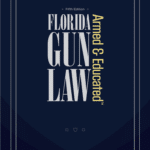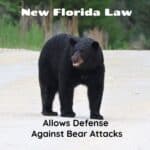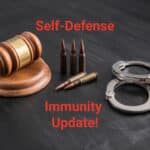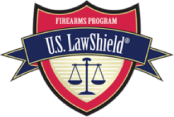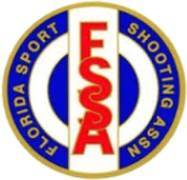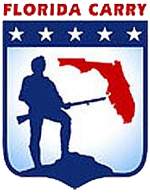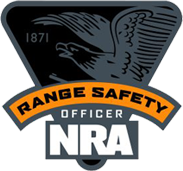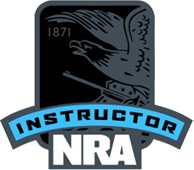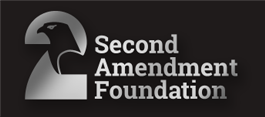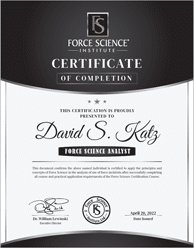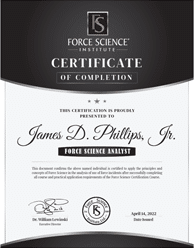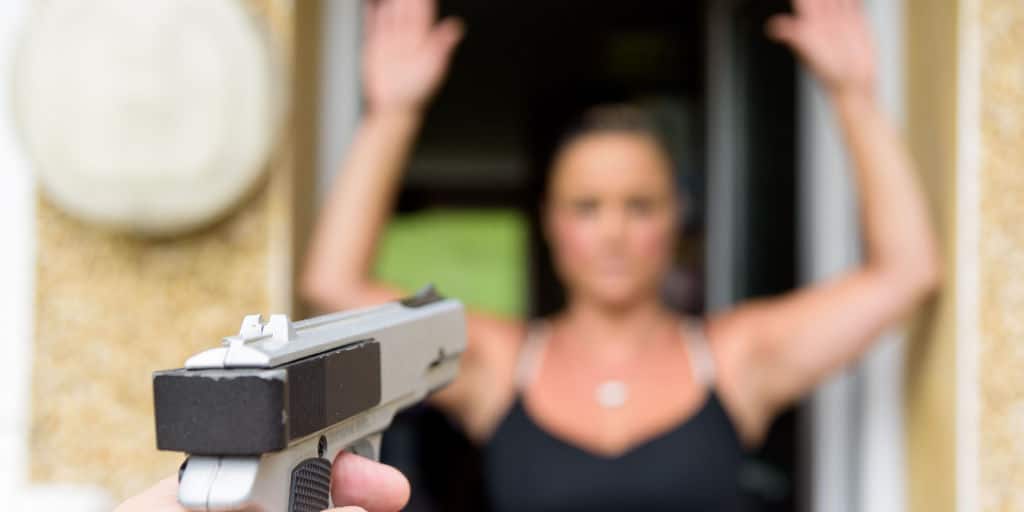
- October 17, 2022
- |
- police encounters
Police Warning Signs
Red Flags the Police Look For During Citizen Encounters
This article is part of our invited guest author series. If you missed part one of this four part series, click here to read it now. If you missed part two, click here.
By Travis Birney, Federal Law Enforcement Supervisory Special Agent, Firearms Instructor, Tactical Instructor with 25+ years experience. The opinions expressed are those of the author and do not reflect the position of any particular law enforcement agency or this law firm.
Any Police Encounter Can Ruin Your Day
No one looks forward to police encounters. It is like being sent to the principal’s office as a kid. You are in the midst of a bad day. We can all come back from bad days. Bad days are fixable. What isn’t fixable is serious injury or death. Choosing to carry a concealed firearm means you have made the choice that you do not want to be the victim of an aggressor. It comes with a huge amount of responsibility. Even if you survive the encounter with a bad guy, you are not out of danger. The police will soon be on the scene and they have shot more than a fair number of good guys simply because the law abiding citizen committed a “red flag.”
Knowing the Warning Signs (“Red Flags”) Police Look For Can Save Your Life
Police officers refer to warning or danger signs as red flags. They have been using this term for warning signs long before the term started being used to refer to laws designed to take firearms away from citizens that may be a risk in the future, commonly referred to as “Red Flag laws.” These laws, such as the Florida Red Flag Law, are intended to temporarily remove firearms from individuals deemed to pose a threat. When we dissect a shooting that has been recorded, we try and identify all the red flags that indicated a shooting was about to occur. Then we train to memorize those red flags so we can react in time to save our own lives. Knowing what these red flags are so you don’t commit them may save your life.
Police Warning Sign #1 – Pointing a Gun at Someone
The first red flag is pointing a gun at someone. If you stopped a robbery at the convenience store and the first cop there sees you pointing a gun at another person, you are likely to get shot. To prevent this, be sure whoever called 911 relays that the bad guy has been disarmed and there is a citizen in plain clothes holding the bad guy at gunpoint. Also, as soon as the cops arrive, set the gun down and raise your hands in a surrender position. Even plain clothes cops do this to prevent accidentally getting shot.
Police Warning Sign #2 – Disobeying Commands
The second red flag is not following commands. If an officer commands you to keep your hands where they are visible, don’t reach for the registration in your glove box or your wallet for your driver’s license. There will be plenty of time to do that. Be patient and simply wait. If an officer says, “Stand over there and don’t move,” you probably shouldn’t follow them around and open car doors, boxes, or closets to be “helpful.” You have the rest of your life ahead of you, but how long that is may depend on how well you listen.
Police Warning Sign #3 – Constant Movement and Fidgeting
The third red flag is your actions. Constantly moving, fidgeting, and looking past the officers are all indications a suspect is getting ready to do something stupid. First, they may “rabbit.” Most officers are wearing 15-25 lbs. of gear and don’t enjoy being in a foot pursuit. Second, suspects may go for a weapon. Constant hand movement and reaching into pockets, a purse, or the waistline sets off all kinds of warning bells. Third, suspects may be trying to ditch evidence such as drugs or a weapon. If you remain calm and peaceful, so will the officer.
Police Warning Sign #4 – Mouthing Off to the Police
The fourth red flag is your mouth. No one enjoys being told to go f@#$ themselves or called names. Cops are no different. You may see them do something you believe is illegal such as conducting a search without a warrant. Now is not the time to lecture a police officer on the law. Odds are, unless you are a criminal attorney, they have had more legal training than you. If they are doing something wrong, that will actually help your attorney later. While you are on the scene, be polite and respectful. Officers will often see people become belligerent and mouthy as they “work themselves up” before attacking an officer. A verbally abusive person isn’t just annoying, they are a potential threat.
Common Sense and Listening Will Go a Long Way to Keeping Everyone Safe!
Understanding that cops are on heightened alert and looking for red flags will help you to understand why they act the way they do. Dealing with the police probably means you are having a bad day, but it doesn’t have to be a tragic day for you. A little common sense and listening will go a long way in keeping you safe.
Get in touch

"*" indicates required fields
Copyright © 2022-2025 The Firearm Firm All rights reserved.

